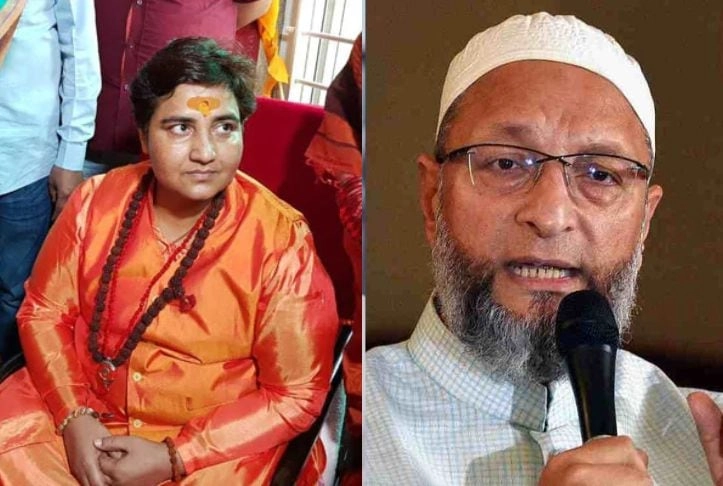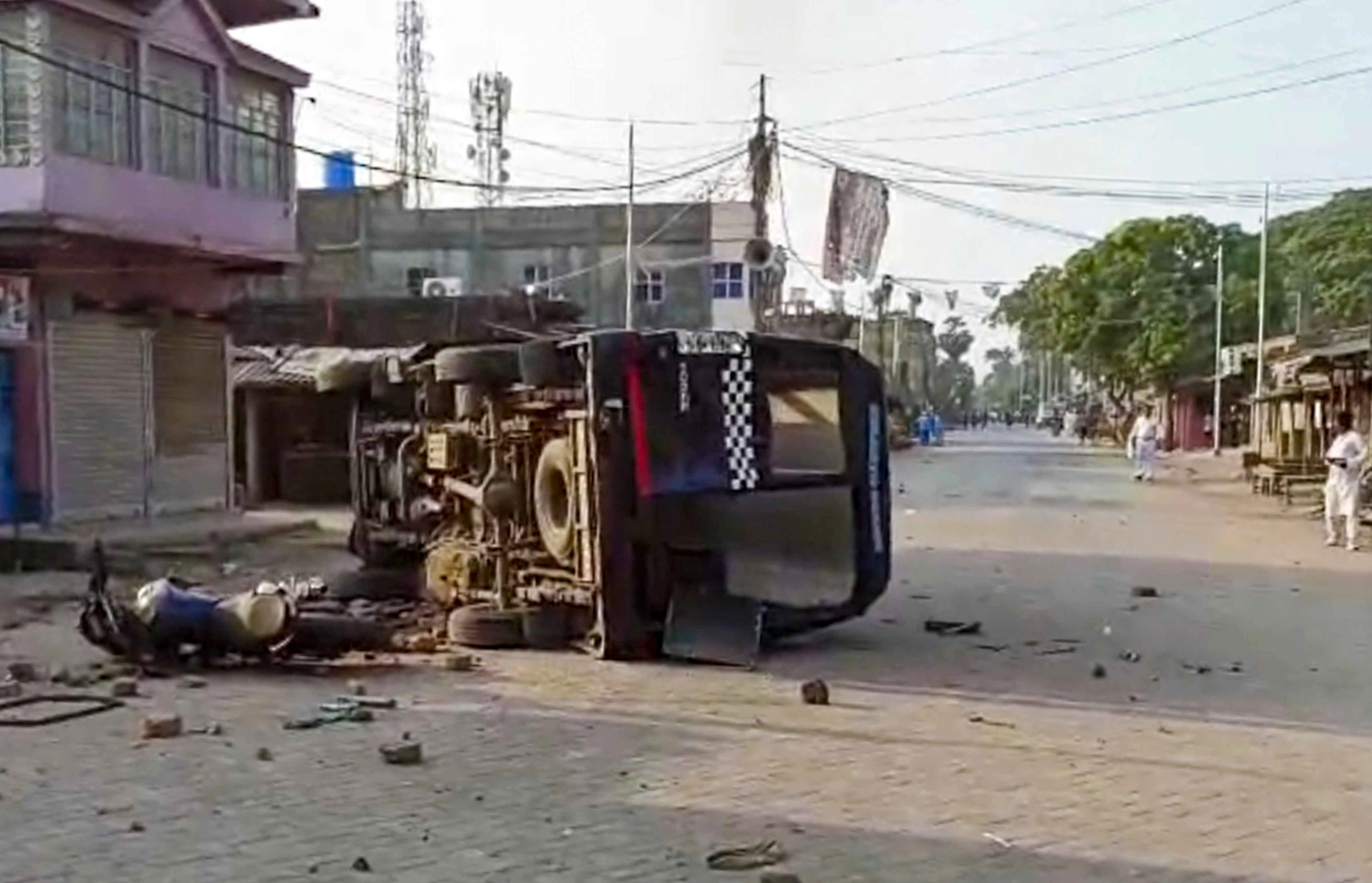Devendra Fadnavis, the former Chief Minister of Maharashtra, has labeled the recent violence in Nagpur as a “conspiracy.” His comments come amid growing tensions and escalating incidents of unrest in the region, prompting concerns over the safety and stability of the community. Fadnavis’s assertion suggests that the violence may not be a spontaneous outburst but rather a planned effort to destabilize the area. This perspective raises questions about the underlying motivations behind such actions and the potential involvement of organized groups seeking to exploit existing divisions within society.
In a related context, the situation in Manipur has also drawn attention, as conflicts there have become a significant point of discussion in national politics. The comparison between the two regions highlights a broader narrative of ethnic and communal tensions that have been simmering in various parts of India. Manipur, which has faced its own share of violence and unrest, serves as a stark reminder of how deeply rooted issues can manifest in violent ways. This parallel raises important questions about governance, social cohesion, and the role of political leaders in addressing the root causes of such conflicts.
Fadnavis’s comments may be seen as an attempt to rally support and unify different factions in Maharashtra by framing the violence as an external threat. By invoking the idea of a conspiracy, he aims to galvanize public sentiment against perceived enemies, whether they be political opponents or other groups within society. However, this approach also risks further inflaming tensions and may lead to a cycle of retaliation, as communities react to the perceived threats against them.
As the situation in Nagpur unfolds, it is crucial for local and national leaders to prioritize dialogue and conflict resolution over rhetoric that may deepen divisions. The experiences from Manipur can serve as valuable lessons in understanding the complexities of ethnic and communal relations in India. Efforts should be directed towards fostering understanding and cooperation among different groups to prevent the escalation of violence and promote lasting peace. The focus should shift from blame and conspiracy theories to constructive engagement, which is vital for maintaining harmony in diverse societies.




